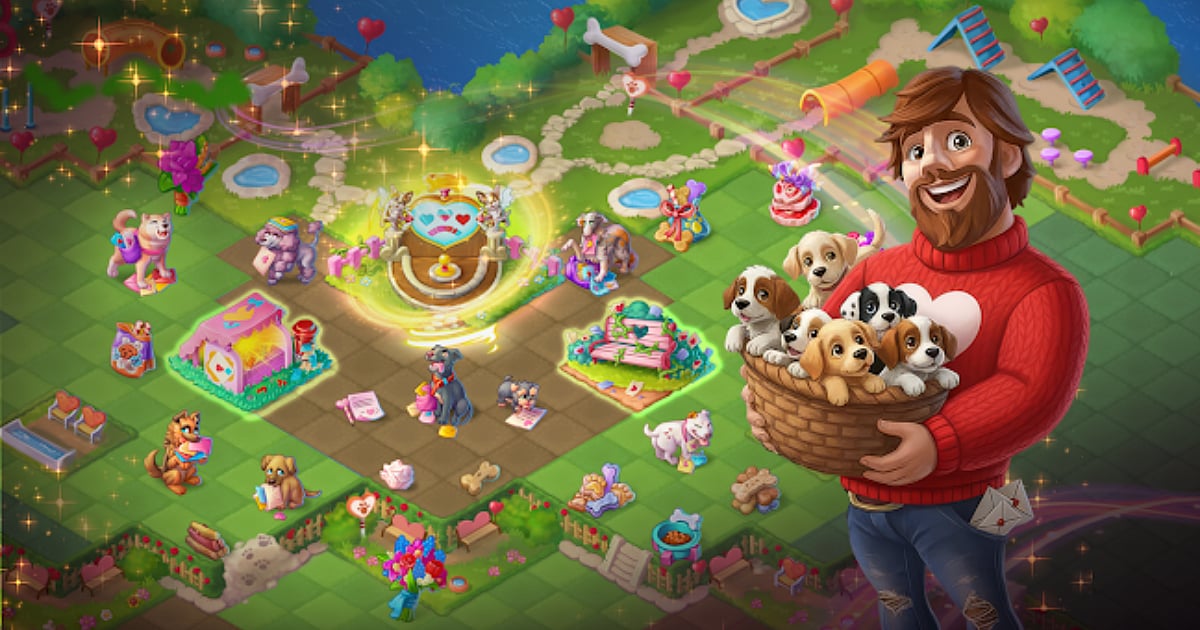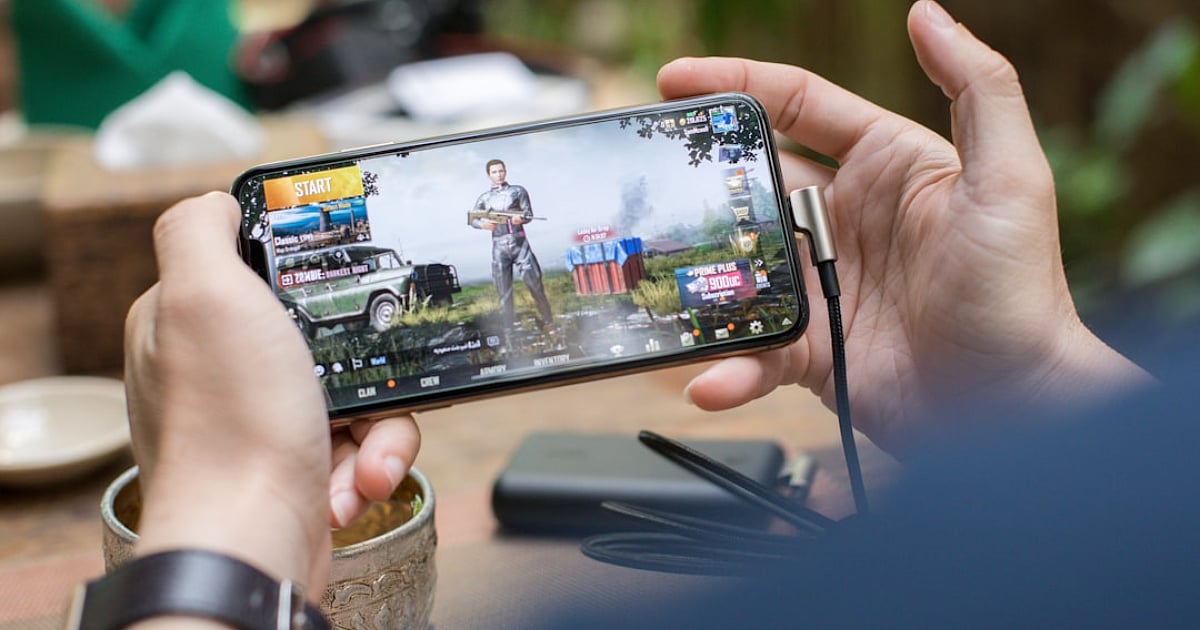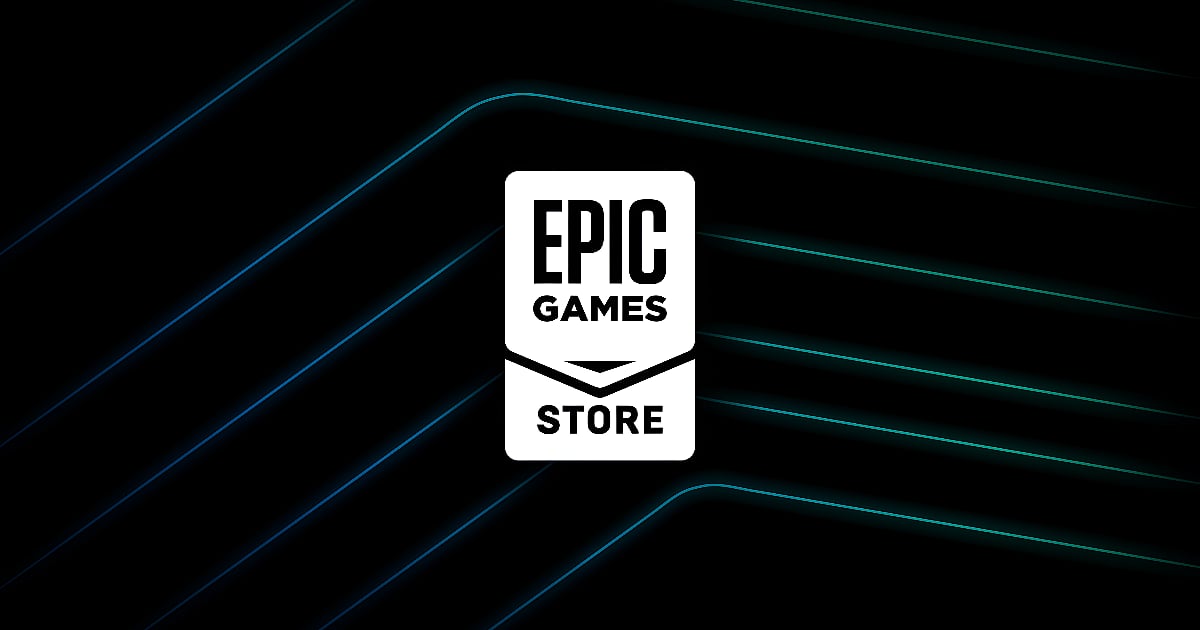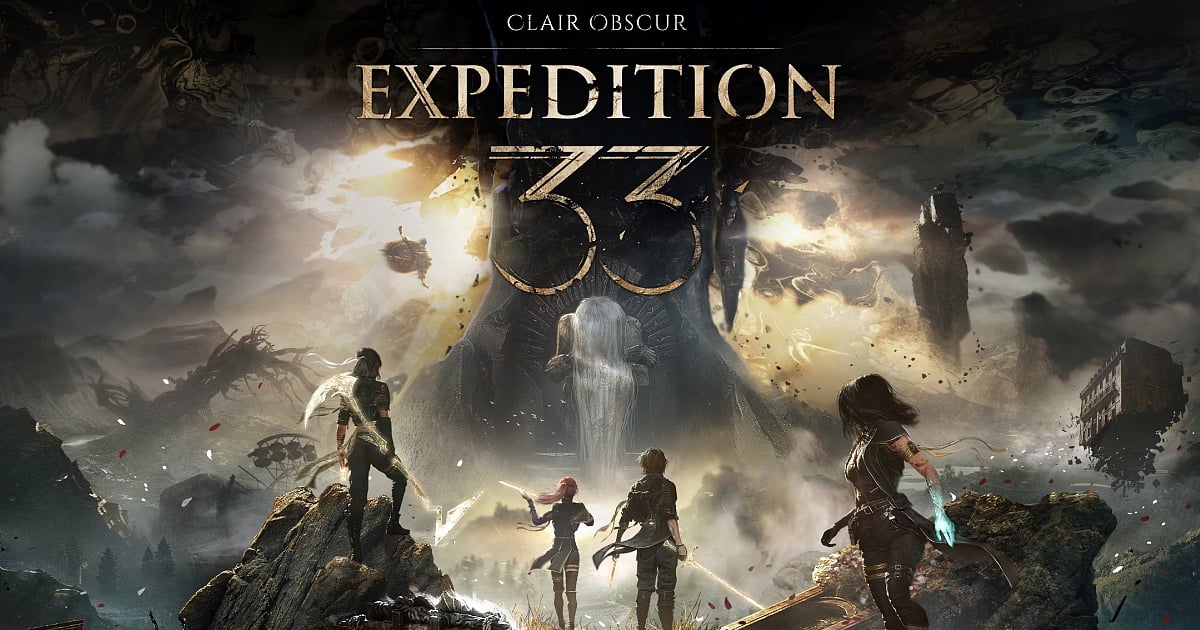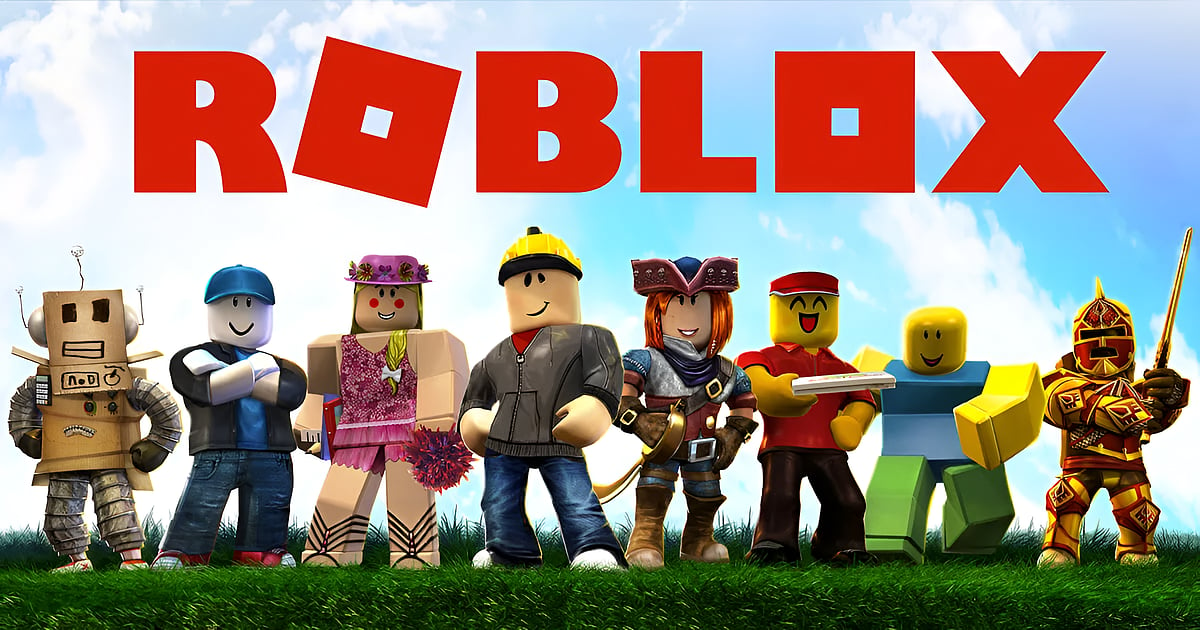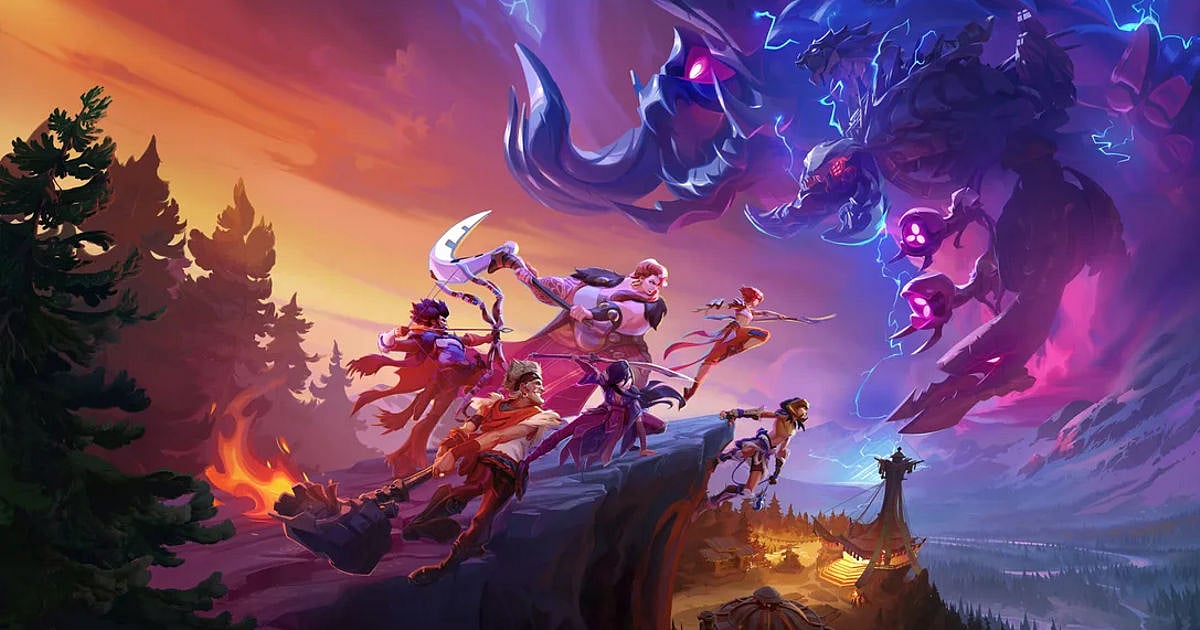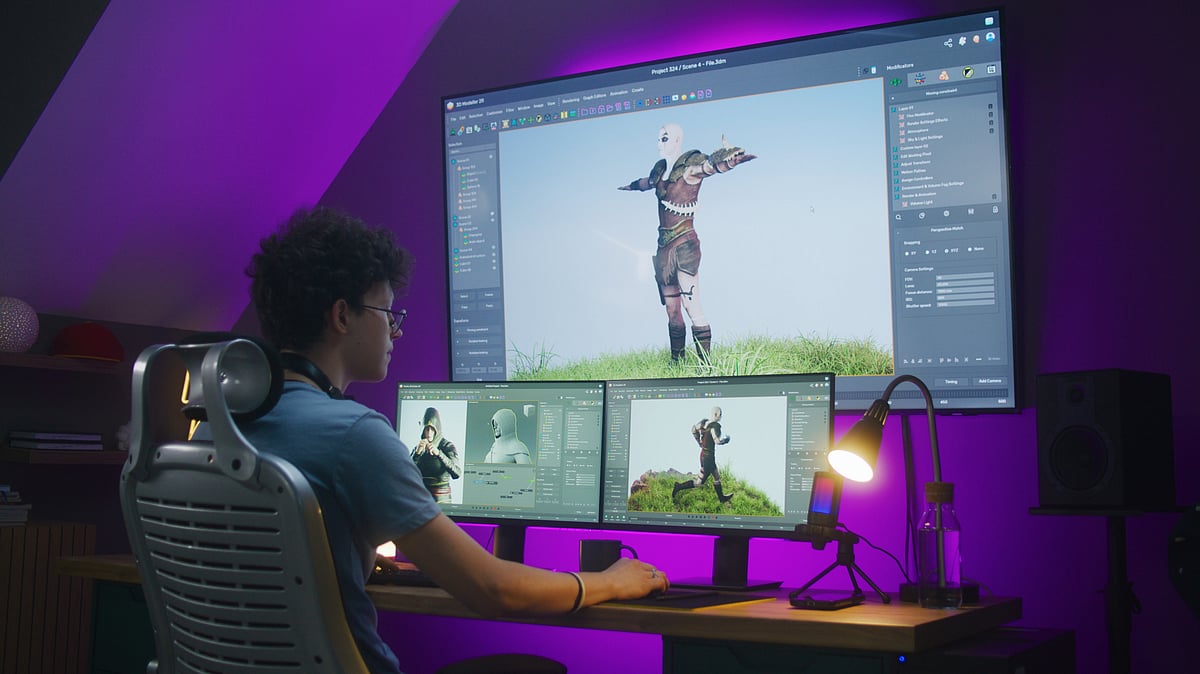
Breaking Into Video Game Design: A Complete Career Guide
Breaking Into Video Game Design: A Complete Career Guide
The video game industry has grown into a global entertainment powerhouse, valued at $184 billion in 2024 according to Newzoo's Global Games Market Report, with projections suggesting it could reach $260 billion by 2030. This rapid growth reflects the massive popularity of games across all age groups and regions, driven by advancements in technology, mobile accessibility, and immersive gameplay experiences. As the industry expands, it is creating thousands of new job opportunities in both technical and creative fields, with the Entertainment Software Association reporting that over 350,000 people are employed across the U.S. gaming sector alone.
At the heart of this industry are video game designers, professionals who shape the mechanics, narratives, and virtual worlds that captivate billions of players around the world. From indie games to blockbuster franchises, designers are responsible for crafting engaging, interactive experiences that define how players connect with a game. The U.S. Bureau of Labor Statistics projects 4% job growth for multimedia artists and game designers from 2023 to 2033, as fast as average for all occupations. With the industry showing no signs of slowing down, now is an ideal time for aspiring designers to explore this exciting career path.
What Does a Video Game Designer Do?
Video game designers are responsible for creating a game's fundamental elements, such as rules, storylines, characters, and gameplay mechanics. According to the International Game Developers Association (IGDA), modern game development emphasizes interdisciplinary collaboration, requiring designers to work closely with artists, programmers, producers, and sound engineers to bring their vision to life. Designers may specialize in distinct roles: level designers craft in-game environments and challenges, while systems designers focus on balancing gameplay systems and player progression.
With the increasing popularity of esports and live-service games, there is greater demand for designers who can develop content that keeps players returning, such as repeatable events and regular updates. According to the Game Developer Conference's State of the Industry Survey 2024, developers are increasingly focused on creating engaging, long-term player experiences. Their responsibilities range from conceptualizing game ideas and developing stories, maps, and interfaces, to playtesting and refining game mechanics based on player feedback. Ultimately, video game designers shape the entire player experience, making sure every aspect of the game is fun, well-balanced, and memorable.
Essential Skills
A successful video game designer must blend creativity, technical expertise, and teamwork to transform ideas into playable experiences.
Game Design Fundamentals: Designers must understand player psychology, core gameplay mechanics, and strong storytelling principles to create games that engage and motivate players. Familiarity with frameworks such as the MDA model (Mechanics, Dynamics, Aesthetics), developed by Robin Hunicke, Marc LeBlanc, and Robert Zubek, is essential for designing enjoyable and balanced gameplay. This framework guides how actions translate into player experiences and is widely taught in both academic and professional settings.
Technical Proficiency: Competence with industry-standard game engines like Unity or Unreal Engine is critical, as these platforms are used by more than 60% of game developers worldwide according to GDC's industry surveys. Programming knowledge (most often in C#, C++, or Python) enables designers to rapidly prototype ideas and integrate them into functioning systems, bridging the gap between creative concepts and playable features. Both Unity and Unreal Engine offer comprehensive learning resources and certification programs that are highly valued by employers.
Creative Storytelling: Developing compelling narratives, memorable characters, and distinctive environments sets successful games apart. Designers must weave engaging stories that complement game systems, ensuring every element of the world feels meaningful. This skill is particularly important as games increasingly compete with other entertainment media for player attention.
Team Collaboration: Game development is inherently collaborative, requiring designers to work closely with artists, programmers, producers, and sometimes esports professionals. Strong communication and the ability to adapt are crucial for aligning creative visions and meeting project goals within multidisciplinary teams, as emphasized by industry research from IGDA.
Education and Training
A bachelor's degree in game design, computer science, or digital media is a common entry point for aspiring video game designers, offering both the theoretical and practical foundations needed for the industry. Specialized game design programs at universities immerse students in core topics such as game mechanics, rapid prototyping, narrative development, and production pipelines, preparing them for various creative and technical roles.
A degree in computer science provides strong expertise in programming languages, algorithmic thinking, and familiarity with popular game engines critical for implementing game features and troubleshooting technical issues. Renowned institutions like MIT offer comprehensive online courses through MIT OpenCourseWare, including "Creating Video Games," which covers mechanics, storytelling, and prototyping. These resources help students master relevant programming and software development skills essential for modern game development.
For those interested in the artistic sides of gaming, degrees in art and animation from institutions like the California Institute of the Arts equip students with visual storytelling, animation, and graphic design skills required for level or character design. CalArts' Character Animation program is particularly well-regarded in the industry for developing artists who can create compelling game visuals and narratives.
In addition to formal education, short-term certifications are increasingly valuable in a rapidly changing field. Credentials like Unity Certified Developer or completion of Unreal Engine online courses provide specialized, hands-on training, boosting employability and helping professionals keep pace with technology and industry standards. Online learning platforms like Coursera and edX also offer game design specializations in partnership with top universities, making quality education more accessible.
Gaining Experience
Practical experience is essential for entering game design, and there are numerous pathways to build a portfolio:
Personal Projects: Use free tools like Godot or GameMaker to build simple games. Platforms such as Itch.io provide excellent venues to showcase work to potential employers and the gaming community. These platforms have become essential for indie developers and serve as portfolios for job applications.
Game Jams: Events like Global Game Jam and Ludum Dare offer competitive environments to test skills and build industry connections. These time-limited development challenges help designers practice working under pressure while networking with other developers. Many successful games have originated from game jam prototypes.
Internships: Studios provide hands-on experience and industry exposure that can accelerate career development. With over 300,000 people employed in the U.S. gaming sector, competition for internships is intense, making a strong portfolio crucial.
Game Modification: Creating modifications for existing games builds reputation within gaming communities and demonstrates technical skills through large-scale projects. Platforms like Nexus Mods and Steam Workshop provide distribution channels for custom content, allowing aspiring designers to gain recognition.
Building Professional Networks
Networking plays a vital role in the gaming industry. Major industry events such as the Game Developers Conference (GDC) serve as the premier gathering where developers, designers, and students meet to share knowledge and discover opportunities. PAX events across North America provide additional networking opportunities, particularly for indie developers and those interested in the consumer side of gaming.
Online communities on platforms like Discord, Reddit (particularly r/gamedev and r/IndieDev), and X offer opportunities to engage with developers and share work. Following industry experts and participating in professional discussions provides insights into current trends and opportunities. Unity developers, GameDev League, and other specialized Discord servers have become essential networking hubs for both beginners and experienced professionals.
The gaming industry's continued growth, supported by technological advances and expanding global audiences, makes this an opportune time to pursue a career in game design. With proper education, practical experience, and professional networking, aspiring designers can position themselves for success in this dynamic and creative field.

Author
Abhimannu Das is a web journalist at Outlook India with a focus on Indian pop culture, gaming, and esports. He has over 10 years of journalistic experience and over 3,500 articles that include industry deep dives, interviews, and SEO content. He has worked on a myriad of games and their ecosystems, including Valorant, Overwatch, and Apex Legends.
Abhimannu Das is a web journalist at Outlook India with a focus on Indian pop culture, gaming, and esports. He has over 10 years of journalistic experience and over 3,500 articles that include industry deep dives, interviews, and SEO content. He has worked on a myriad of games and their ecosystems, including Valorant, Overwatch, and Apex Legends.
Related Articles

